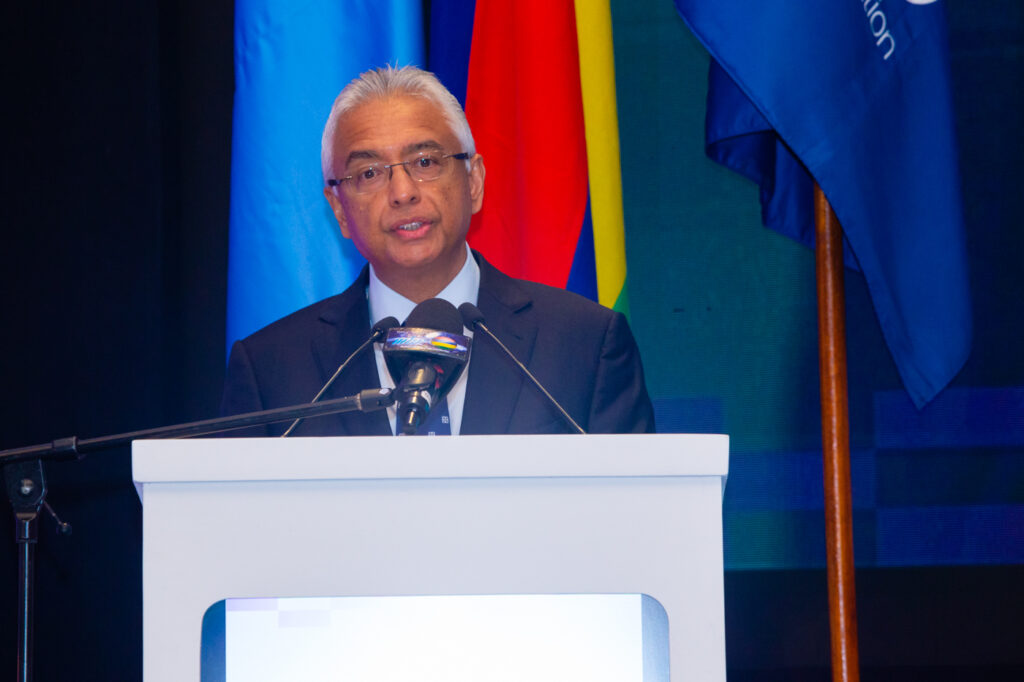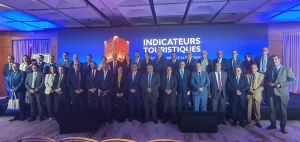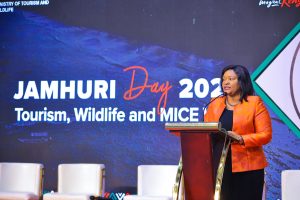During the 66th Meeting of the UNWTO Commission for Africa, Prime Minister of Mauritius, Pravind Kumar Jugnauth, presented Mauritius as a prime example of a country charting a path towards sustainable tourism recovery amid the challenges posed by the COVID-19 pandemic.
Speaking to formally open the three-day meetings at the Le Meridien in Pointe aux Piments, Mauritius , he emphasised Mauritius’s commitment to building a resilient, inclusive and environmentally conscious tourism industry that sets a benchmark for the entire African continent.
Sharing Mauritius’s journey in tourism, the Prime Minister traced its growth from humble beginnings in the 1950s to becoming a significant economic pillar, with 1.4 million visitor arrivals and 1.8 billion USD in tourism earnings recorded in 2019.
However, he acknowledged that the pandemic brought Mauritius’s tourism sector to a halt, causing negative impacts on related industries such as retail, transport, and agriculture. He highlighted the swift actions taken to protect citizens by closing borders to foreigners from March 2020 to September 2021. Nonetheless, the government provided financial assistance to tourism operators, demonstrating its commitment to preserving the industry during challenging times.
“To prevent the industry from collapsing, the government provided financial assistance to tourism operators. Our strategy to revive Mauritian tourism has paid off and the industry is on a strong recovery path today as indicated by the latest figures. From July 2022 to June 2023, tourism hit a recovery rate of 86.8% of pre-pandemic levels. Tourism earnings increased to 1.54 billion USD for the period July 2022 to April 2023, compared to 1.52 billion USD during the same period in 2018/2019,” Prime Minister Jugnauth revealed.
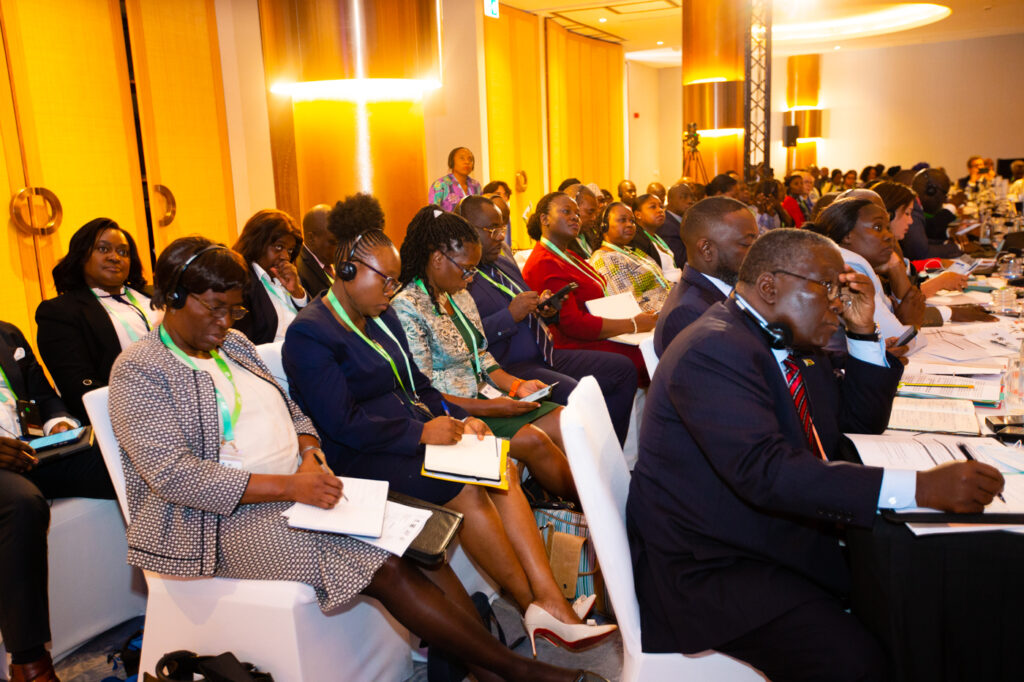
He attributed this success to the effective collaboration between the public and private sectors through a Joint Public-Private Sector Working Group, which devised safe re-opening measures and strategies to relaunch the tourism sector.
Highlighting Mauritius’s ongoing efforts towards sustainability, the Prime Minister shared plans for a 10-year Blueprint for the tourism sector, developed in collaboration with the World Bank.
He also drew attention to the urgency of addressing climate change, the Prime Minister acknowledged the challenges faced by small island nations like Mauritius. He reaffirmed the nation’s commitment to sustainability by mainstreaming eco-friendly policies and striving to achieve the United Nations’ Sustainable Development Goals.
“Our aim is to position Mauritius as a sustainable island destination by 2030. Moreover, the rebalancing of the tourism activities with a shift from traditional coastal tourism to inland tourism is being promoted with a view to relieving pressure on our fragile coastal areas,” he said.
Moreover, the Prime Minister underscored Mauritius’s efforts in promoting investment and business in the African tourism sector. With a conducive business environment, predictable policies, and a bundle of facilities, Mauritius serves as a platform for channeling investments into the region’s tourism industry.
Prime Minister Pravind Kumar Jugnauth encouraged African leaders to unite and work together as “One Africa” to enhance the continent’s tourism potential.
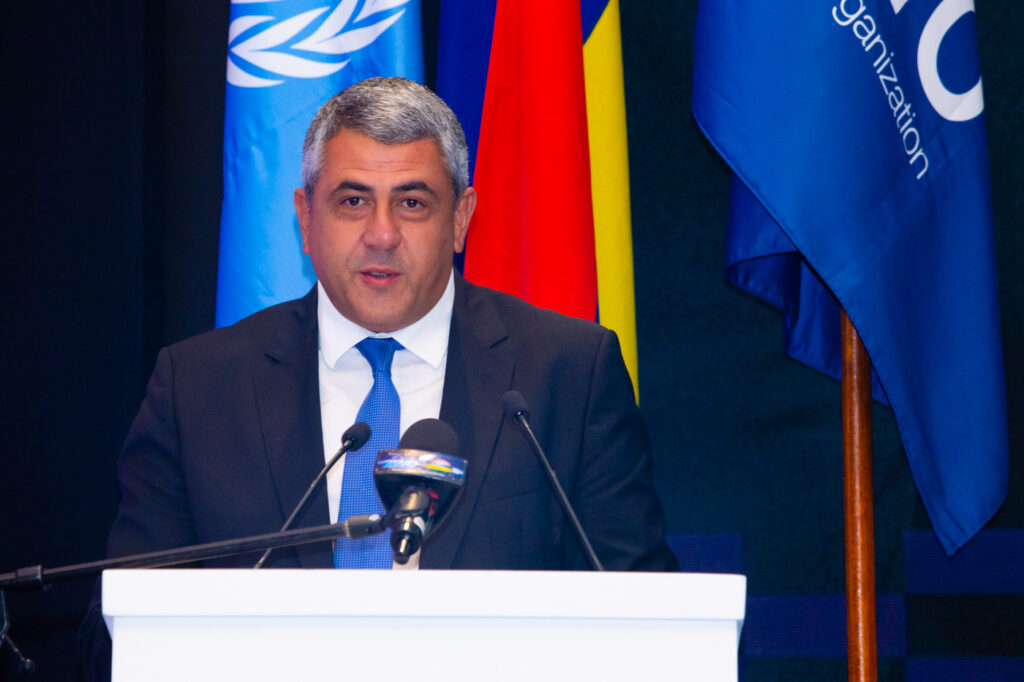
He postulated, “For ‘One Africa’ to gain momentum, we, African leaders, have to join forces and work together. To increase tourism within Africa, we can build on and extend partnerships such as the collaboration of the Indian Ocean Islands under the ‘Iles Vanille’ partnership and the arrangements between Southern and Eastern Africa.
“For instance, we can combine these initiatives into a “Beach and Bush” concept by twinning the attractions of the “Iles Vanille” with African safari and wildlife. In parallel, we can develop medical tourism, business tourism and MICE. We can further develop this collaboration through enhanced air and sea connectivity.
The UNWTO Secretary-General, Zurab Pololikashvili in his speech, praised Mauritius as a shining example of resilience and a symbol of the unwavering spirit and strength that characterises African tourism.
The Secretary-General acknowledged the challenges faced by the tourism industry due to the pandemic’s impact but lauded Africa’s ability to emerge strongly, thanks to its collective determination and unity. He emphasized that now is the opportune moment to look towards the future and embark on a transformative journey by rethinking tourism for Africa.
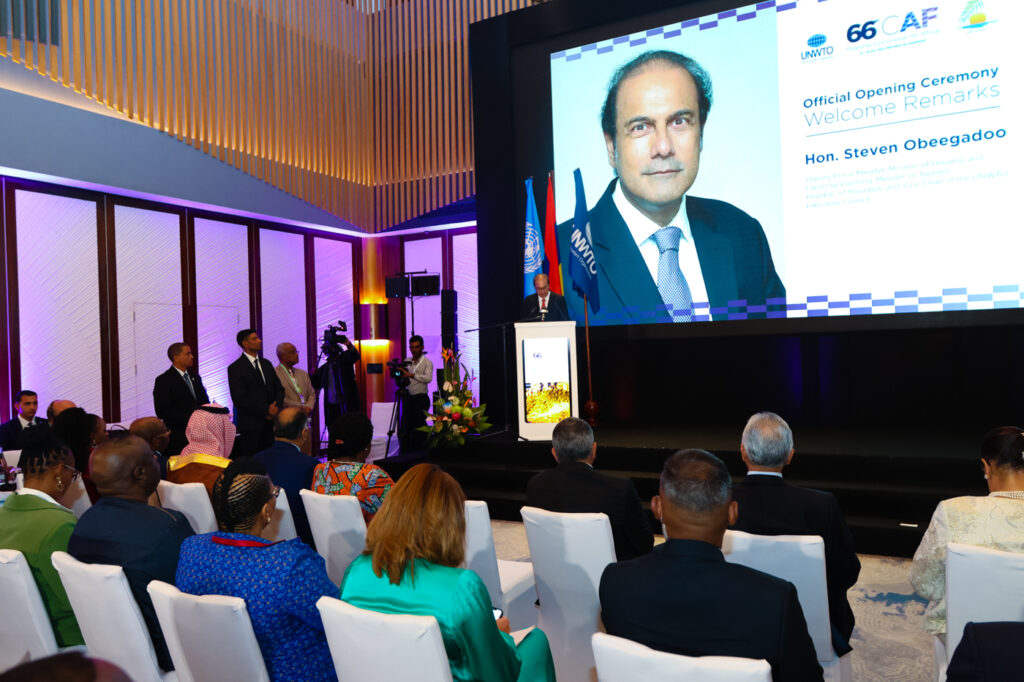
Central to this vision is the UNWTO Agenda for Africa, which has been adapted to address the region’s specific needs and potentials. The Secretary-General outlined key objectives, including the promotion of innovation, advocacy for Brand Africa, facilitation of travel and unlocking growth through strategic investment and public-private partnerships.
“Our vision for African tourism is also one of strong governance, more education and more and better jobs,” Pololikashvili emphasised.
Click here to view the pictures from the meeting


